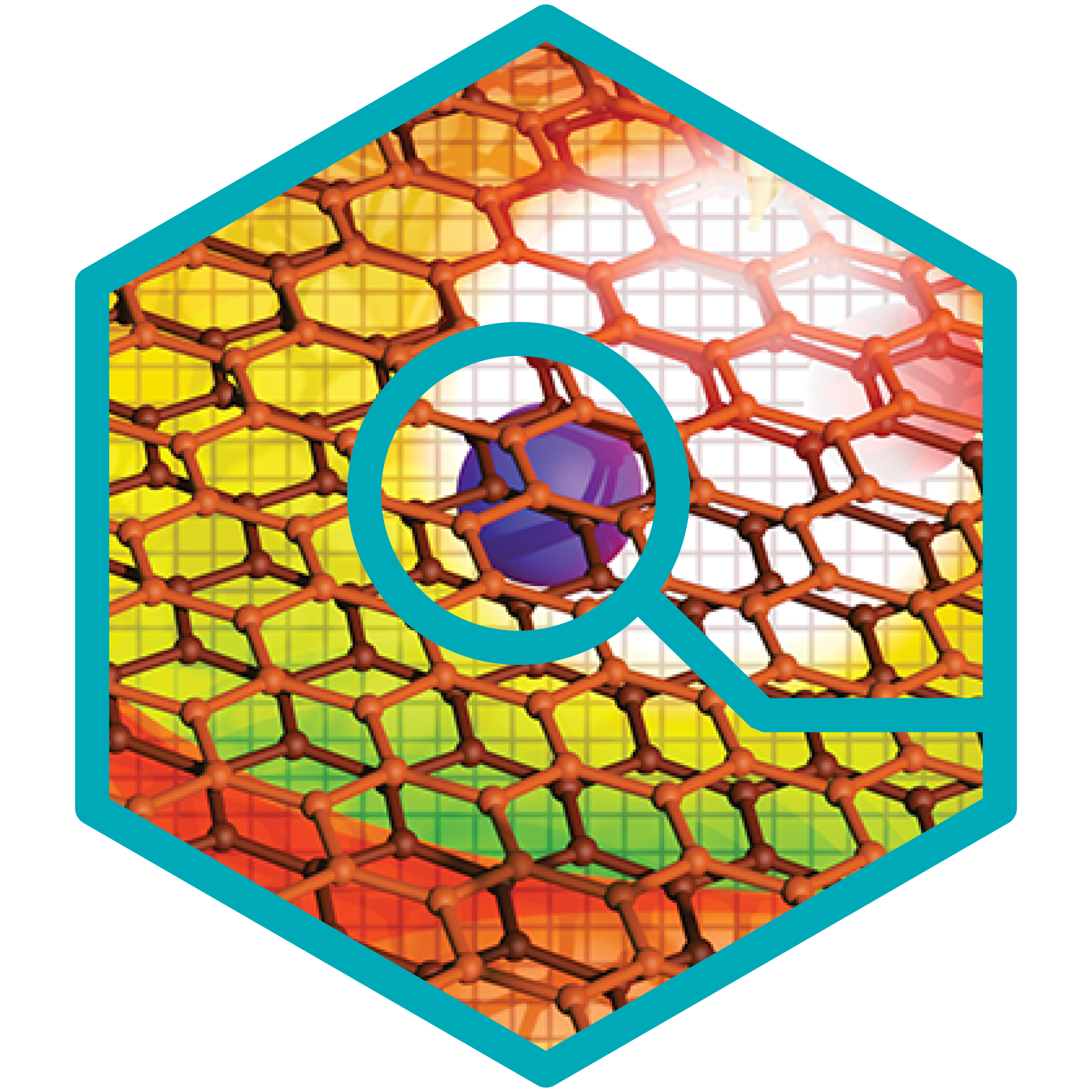One Photon at a Time
Credit: Erik Zumalt
In physics, a hot area of research is studying what happens when ultrathin materials get stacked at a slight angle. Professor of physics Xiaoqin Elaine Li researches the resulting optical properties and works to control light emission, a single photon at a time. Such an innovation holds promise for making quantum information devices smaller, more efficient and more secure. While it may take years for these applications to be realized, Li believes work now with these materials will pave the way for breakthroughs to come.
“Investigating new quantum materials can transform the way we live,” she said.
A curious geometry called a moiré pattern arises when physicists stack ultrathin materials at an angle.
The twisted two-layer material is carved into repeating, rolling hills of energetic ups and downs.
Like marbles bound by gravity, individual electrons settle into the lowest allowed energy state ‘valleys’ in the material.
Forced to obey a specific arrangement and bound by quantum laws, the electrons then occupy an array of ‘boxes’ scientists can control just by twisting.
Once the electrons are boxed in, scientists excite them with a burst of energy. This transforms the settled electrons into energized light-emitters, which, operating at the theoretical limits allowed by quantum physics, would emit a single photon at a time.




